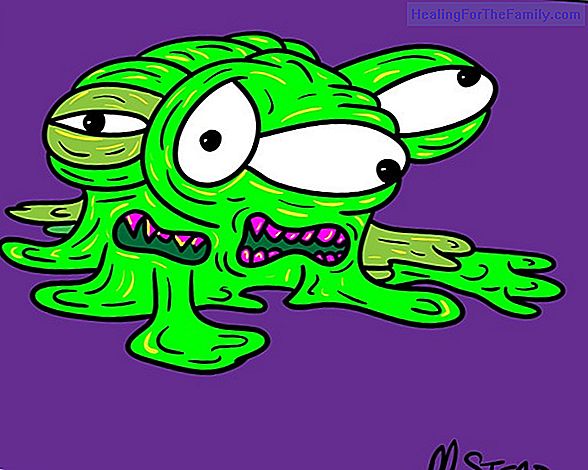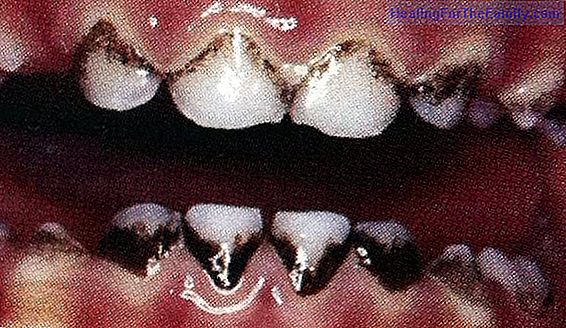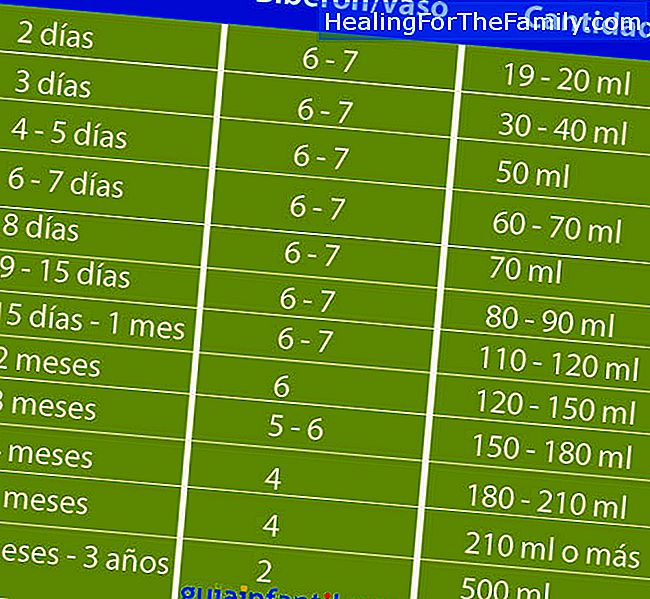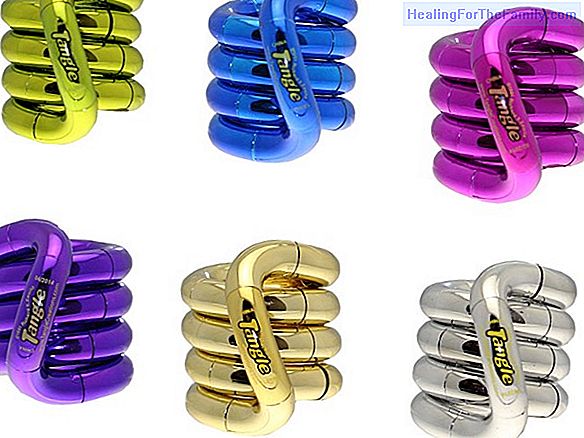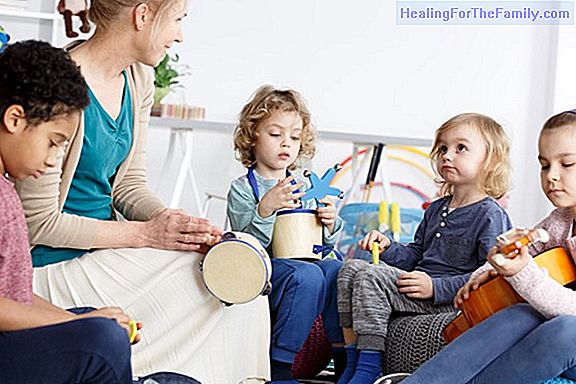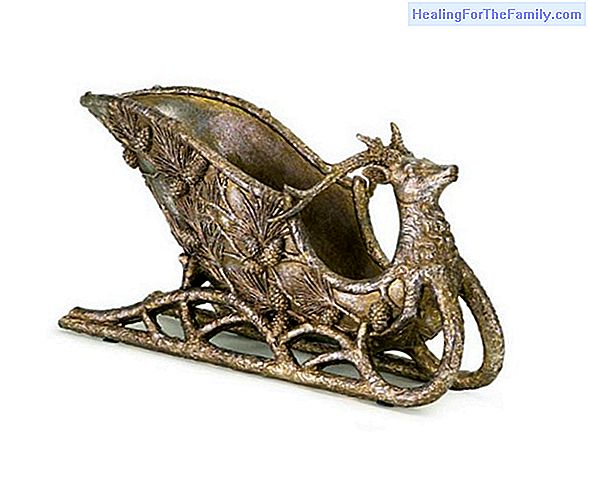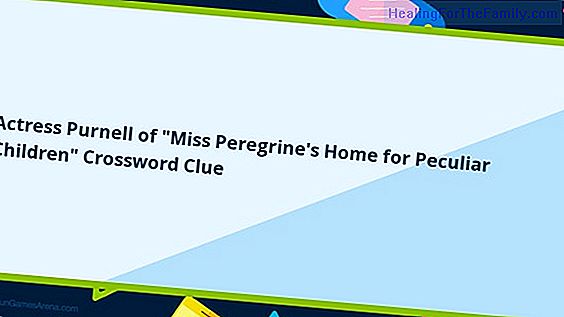Why should teeth be treated in children if they are going to fall
Despite the change that dentistry has undergone in recent times, it is surprising that many false myths related to tooth decay remain present In the kids. And this is why, this time, I need to talk about one of the most frequent: "why should cavities be treated in milk teeth if they are going to fal
Despite the change that dentistry has undergone in recent times, it is surprising that many false myths related to tooth decay remain present In the kids. And this is why, this time, I need to talk about one of the most frequent: "why should cavities be treated in milk teeth if they are going to fall?" This erroneous thinking on the part of the parents, often related by anlack of adequate information;; can lead to mouths with
major problems in young children that will force a complex dental treatment and why not say it, also expensive. The reason why we have to treat baby teeth in children There are questions that all parents ask themselves and I want to answer: A At what age does the replacement of baby teeth end? We all know that the milk teeth have to fall so that the permanent teeth can come out, but this process will be long, it will start from 6 years with the replacement of the previous teeth, and it will end approximately at
12-14 years
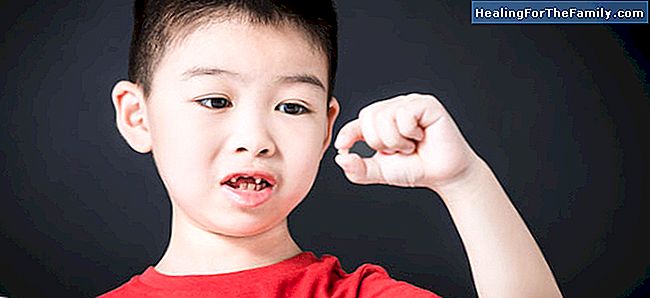
old with the fall of the last milk teeth and upper fangs.
Therefore, it is easy to understand that milk teeth play a
significant role pues, because they are present during a period of time in which an important physiological and psychological development takes place in the child. What are milk teeth for? During childhood, temporary teeth can have many
more functions than future permanent teeth, but for this it is imperative that they be healthy and cared for.Among its most important functions, we find:
- Promote
adequate nutrition , help the development of language and adequate breathing. - Positive influence on
social relations
, since good dental health improves appearance and self-esteem. - They favor an adequatecraniofacial growth
, besides being the best guide of eruption for the future permanent tooth. What negative consequences can result from not curing them?If there are
cavities in baby teeth and there is a long time to leave the corresponding permanent tooth, no treatment can cause important oral problems such as pain,infection
, loss of space, alterations in permanent teeth and greater likelihood of new caries lesions.
But you have to know that all these complications can be related in addition to a mastication difficulty and a correct pronunciation, and even in serious cases effects on the child's general health such as weight loss associated with a pain when eating; insufficient physical development as they grow at a lower rate than children free of cavities; difficulty in learning together with loss of school days. That is, in general there is a decrease in the qualityof the child's life.
In my opinion, because of everything explained above, it is vital to perform treatment in milk teeth with caries if the specialist indicates it. Always remember that good dental health during childhood is the basis for ensuring healthy teeth during adulthood.

